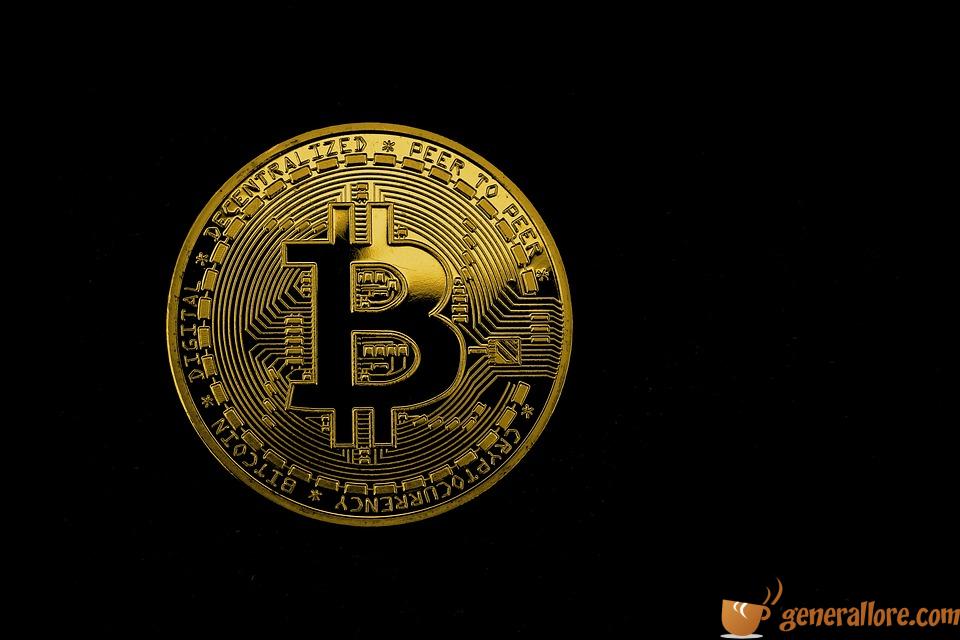The Internet of Things: Powering the Connected Future
Introduction
The Internet of Things (IoT) has revolutionized the way we live and work, and it continues to power the connected future in more ways than we can imagine. IoT refers to the interconnectedness of devices through the internet, enabling them to send and receive data. From smart homes and wearable devices to industrial automation and healthcare, the IoT has the potential to transform every aspect of our lives.
The Impact of IoT on Daily Life
Smart Homes
IoT has transformed our homes into smart and connected spaces. From smart thermostats that adjust to our preferences to appliances that can be controlled remotely, IoT is making our lives more convenient and efficient.
Wearable Devices
Wearable devices like fitness trackers and smartwatches are becoming increasingly popular, thanks to IoT. These devices can monitor our health, track our fitness goals, and even alert us to potential health issues.
The Future of IoT in Industries
Industrial Automation
IoT is revolutionizing industrial processes by enabling real-time monitoring, predictive maintenance, and improved efficiency. The use of IoT in industries has the potential to reduce costs and increase productivity.
Healthcare
With IoT, healthcare providers can remotely monitor patients, track medical equipment, and improve patient care. IoT is also driving innovations in telemedicine and personalized medicine.
Challenges and Opportunities
Privacy and Security Concerns
As more devices become connected, the risk of privacy breaches and cyber-attacks increases. It is essential to develop robust security measures to protect sensitive data and ensure the privacy of individuals.
Standardization and Interoperability
The IoT ecosystem comprises a diverse range of devices and platforms, making standardization and interoperability crucial for seamless connectivity. Efforts to develop universal standards are essential for the widespread adoption of IoT.
The Role of 5G in IoT
The rollout of 5G networks is expected to accelerate the adoption and implementation of IoT. With faster and more reliable connectivity, 5G will enable IoT devices to communicate and exchange data more efficiently, paving the way for new applications and innovations.
Conclusion
The Internet of Things is powering the connected future, transforming the way we live, work, and interact with the world around us. With its vast potential to revolutionize various industries and enhance our daily lives, IoT is driving innovation and paving the way for a more connected and efficient future.
FAQs
What is the Internet of Things?
The Internet of Things refers to the interconnectedness of devices through the internet, allowing them to exchange data and communicate with each other.
How is IoT impacting daily life?
IoT is transforming our daily lives through smart homes, wearable devices, and connected appliances, making our lives more convenient and efficient.
What are the challenges of IoT?
Privacy and security concerns, and the need for standardization and interoperability are some of the challenges associated with the widespread adoption of IoT.
What is the role of 5G in IoT?
The rollout of 5G networks is expected to accelerate the adoption of IoT by providing faster and more reliable connectivity, enabling new applications and innovations.
How is IoT used in industries?
In industrial automation, IoT enables real-time monitoring, predictive maintenance, and improved efficiency. In healthcare, IoT is used for remote patient monitoring and personalized medicine.
What are the opportunities of IoT?
IoT presents opportunities for innovation and efficiency in various industries, including healthcare, manufacturing, and agriculture.
How does IoT impact privacy and security?
The interconnectedness of devices through the internet increases the risk of privacy breaches and cyber-attacks, making robust security measures essential.
What are the future prospects of IoT?
The future of IoT is bright, with the potential for new applications and innovations that will continue to transform the way we live and work.
What is the importance of standardization in IoT?
Standardization is essential for the widespread adoption of IoT, ensuring seamless connectivity and interoperability of devices and platforms.
How does IoT enhance daily living?
IoT enhances daily living through smart homes, wearable devices, and connected appliances, making our lives more convenient, efficient, and secure.




